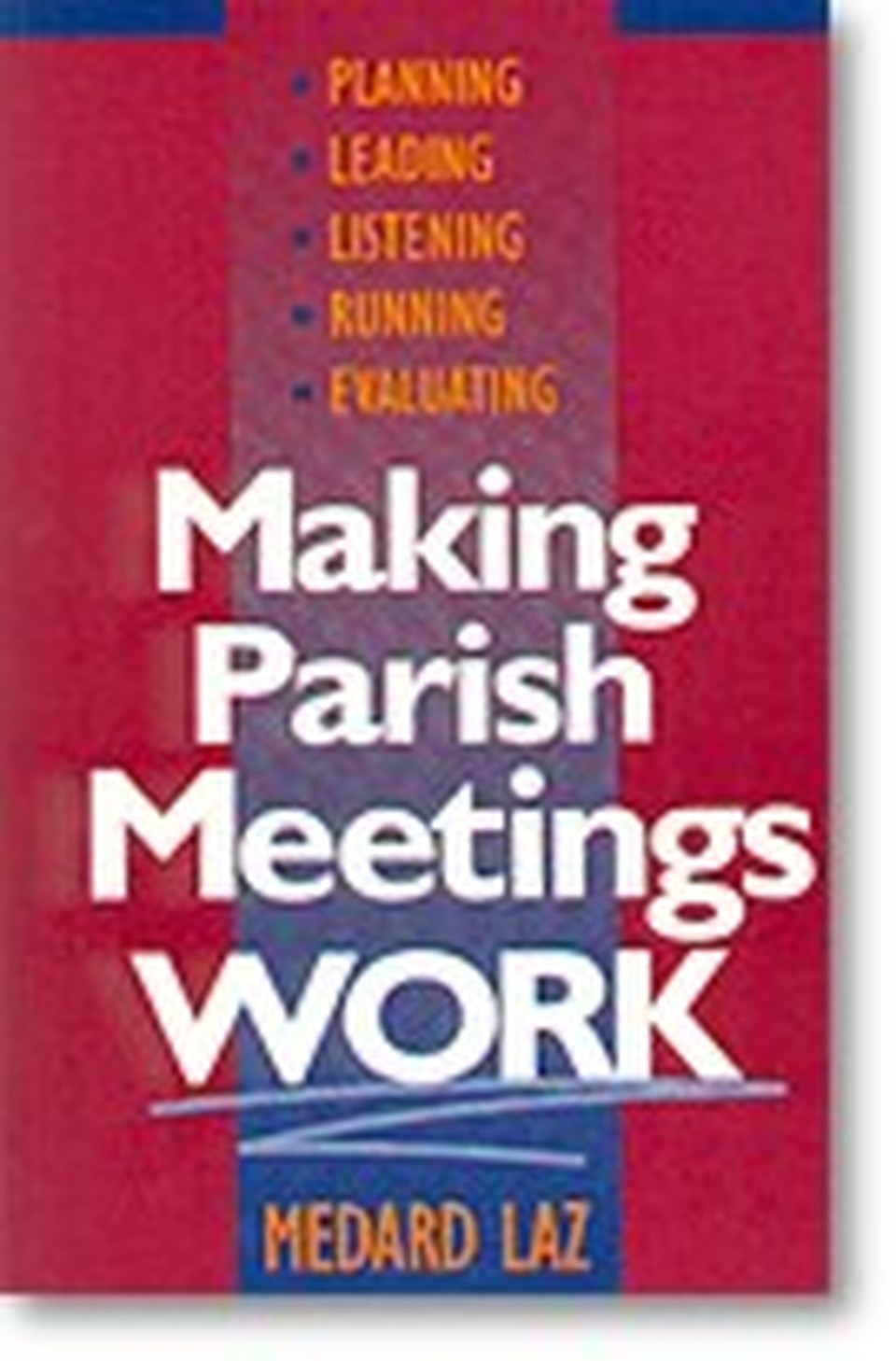Make church meetings work

How to run a good meeting:
- Start on time. Starting late disrespects those who arrive on time and is unconsciously supportive of those who come late. Starting late becomes the norm so there is no motivation for being there at the appointed hour.
- Deal with tardy members. Meet privately with them and stress why arriving and starting on time is necessary. This applies equally to clergy as well as to laity.
- Set the tone. The leader sets the tone in the first few minutes. Opening remarks need to motivate the attendees. Display enthusiasm, interest, objectivity, receptivity, and hospitality. Avoid negative opening statements like: We'd better get started because we're already running late (negative); or I know you're thrilled to be here (satirical); or Before we actually begin our meeting there are a few housekeeping chores I need to discuss with you (boring).
- Open with prayer and/or faith sharing. This is a time for rebonding as a group and setting the focus on God's agenda. Ask a member of the group to prepare an opening devotional: a scripture, a reading and a reflection, a prose or poetry reading, a song, or a taped reflection. Members may be invited to share their thoughts on the material.
- Set guidelines and ground rules. These should be prepared in writing and passed out at the group's first meeting where they can be discussed, modified, and agreed upon. Here are some suggested guidelines:
- Start and end the meeting on time.
- Stick to the agenda and time frames established.
- Don't interrupt when someone has the floor.
- Don't engage in side conversations.
- Everyone's ideas are valuable.
- Build on the ideas of others rather than jumping to new ones.
- Take notes of key ideas.
- Deal with issues and not personalities.
- Don't be repetitive.
- Be brief in your remarks.
- Everyone participates, no one dominates.
- Remain open-minded and nonjudgmental.
- Stress confidentiality.
- Complaints are welcome when they are accompanied by a suggested solution.
- The leader is empowered to enforce the guidelines and ground rules.
Excerpted from Making Parish Meetings Work by Medard Laz. Copyright (c) 1997 by Ave Maria Press, Inc. Used by permission of Ave Maria Press, Inc., P. O. Box 428, Notre Dame, IN, 46556. This book is available from the publisher (1-800-282-1865, fax: 1-800-282-5681 or email: avemariapress.1\@nd.edu) or at your local religious bookstore.
Medard Laz is a parish priest in the Archdiocese of Chicago and founding pastor of Holy Family Parish in Inverness, Ill. He is the author of seven booklets including Helps for the Separated and Divorced, Helps for the Widowed and the book Love Adds a Little Chocolate. He is also co-founder of Rainbows for God's Children, a worldwide program for children of the divorced.
Originally published August 16, 2001.







